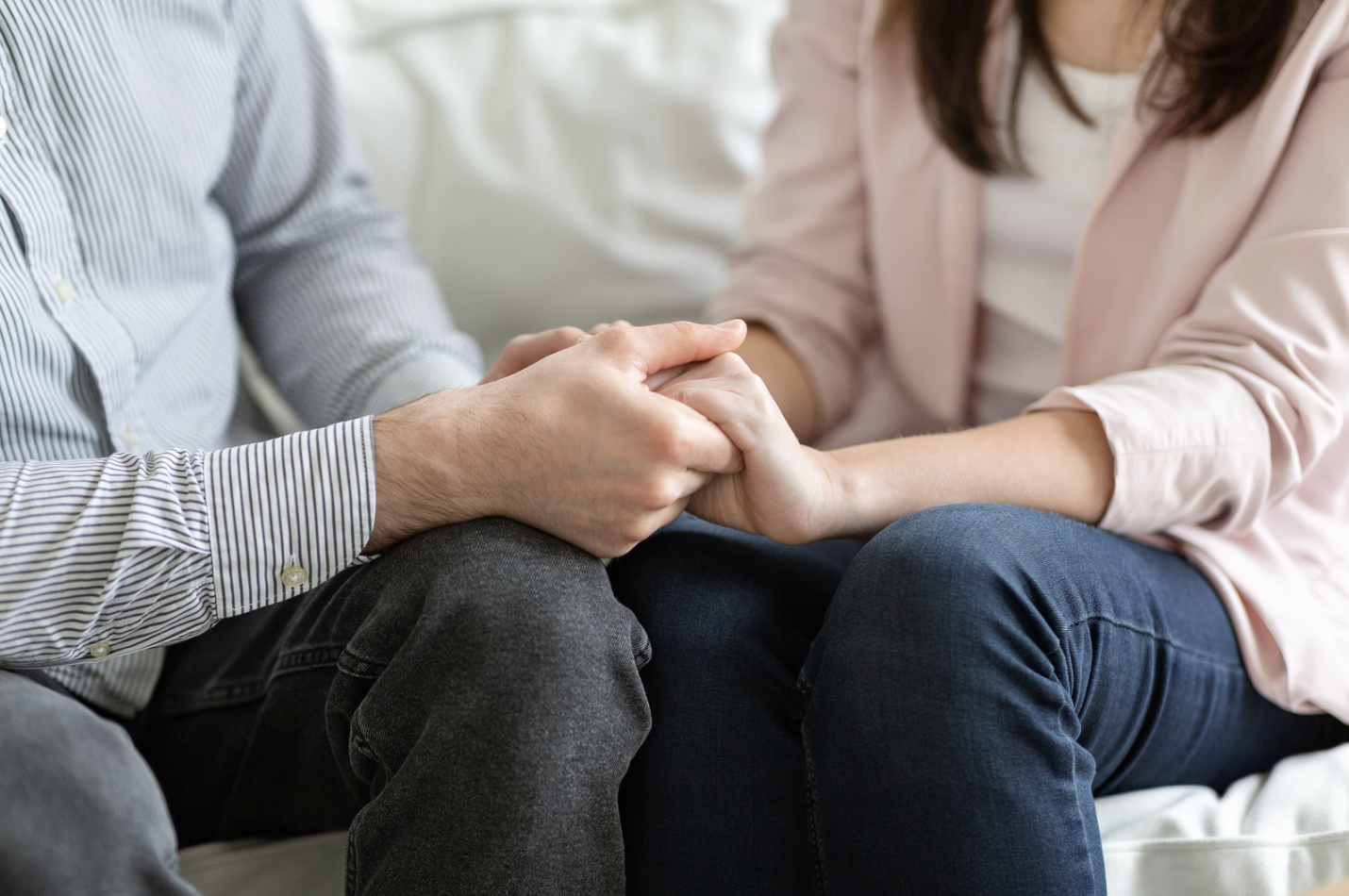How Psychodynamic Couple’s Therapy Can Help Your Relationship
When people hear “psychodynamic therapy,” they might picture something straight out of a movie—lying on a couch, talking about your childhood, and maybe a few awkward silences. But psychodynamic therapy is so much more than that, especially when it comes to relationships. It’s not just about diving into the past (although we’ll do some of that)—it’s about understanding how your past experiences shape your current relationship patterns.
If you and your partner feel stuck, keep having the same arguments, or can’t seem to understand why certain issues keep coming up, psychodynamic therapy might just be the key to unlocking some of those deeper, often hidden, dynamics at play.
1. Understanding How the Past Influences the Present
One of the core ideas of psychodynamic therapy is that our early experiences, especially in childhood, play a big role in how we relate to others today. If you find yourself reacting strongly to something your partner says or does, it might be because it’s triggering something from your past—maybe a way you felt unheard or misunderstood in your family growing up.
Psychodynamic therapy helps you explore those patterns and understand why certain things get under your skin more than others. Once you know why you react the way you do, you can start making changes that help you respond to your partner with more understanding instead of reacting out of old wounds.
2. Bringing Unconscious Patterns to Light
Sometimes we do things in our relationships without even realizing it. Maybe you push your partner away when you’re feeling vulnerable, or you shut down emotionally during arguments. These are unconscious behaviors—things you might not even be aware of that could be impacting your relationship.
Psychodynamic therapy helps bring those unconscious patterns to light. By understanding what’s really going on beneath the surface, you and your partner can begin to make more conscious choices about how you interact, rather than repeating the same old cycles that lead to frustration or conflict.
3. Exploring Attachment Styles
Psychodynamic therapy often delves into attachment theory (one of my favorite topics!), which looks at how the way we connected with our caregivers growing up influences how we connect with romantic partners as adults. Are you more anxious in relationships, constantly needing reassurance? Or do you tend to avoid intimacy when things get tough?
Understanding your attachment style—and your partner’s—can give you valuable insight into how both of you handle closeness, conflict, and connection. This knowledge helps you work through those attachment-based struggles and move toward a healthier, more secure bond.
4. Developing Deeper Emotional Intimacy
Let’s face it—emotional intimacy is the foundation of a strong relationship. But it’s not always easy to open up or feel truly vulnerable with your partner, especially if you’ve been hurt before. Psychodynamic therapy encourages you to explore those fears and past experiences that might be holding you back from connecting on a deeper level.
By understanding your emotional blocks and learning to be more open and honest with each other, you and your partner can foster a deeper, more intimate connection that strengthens your relationship in the long run.
5. Healing Old Wounds
Relationships can bring up all kinds of old wounds—sometimes wounds we didn’t even know we had. Whether it’s unresolved feelings from past relationships or unhealed trauma from childhood, psychodynamic therapy helps you address those deep-rooted issues so they don’t continue to show up in your current relationship.
Healing those old wounds allows you to be more present and emotionally available in your relationship, creating space for growth, trust, and a more fulfilling partnership.
Interested in exploring how psychodynamic therapy can strengthen your relationship?
I’m here to help. Let’s dive into the deeper dynamics at play and work on creating a stronger, healthier connection. Contact me today for a free consultation or to schedule a session.

